Address
Sakiet Ezzit 3021, Sfax, Tunisia
Work Hours
Monday to Friday: 8AM -5PM
Address
Sakiet Ezzit 3021, Sfax, Tunisia
Work Hours
Monday to Friday: 8AM -5PM
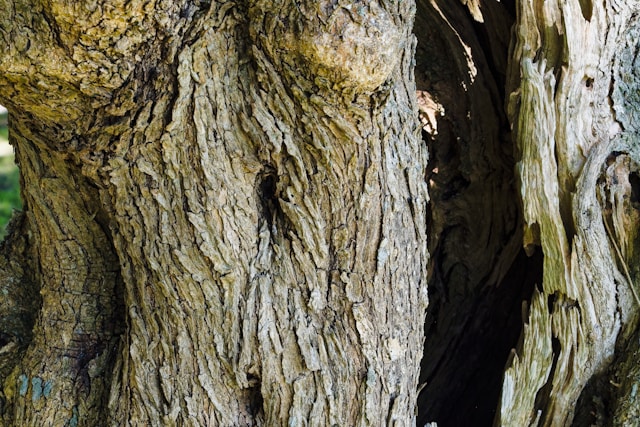
Wood has been an essential material in human history, used for crafting furniture, kitchenware, decorative items, and even works of art. While numerous types of wood exist, each with distinct characteristics, one stands out due to its exquisite grain, exceptional durability, and rich heritage—premium olive wood. This article explores what makes olive wood unique, how it compares to other popular woods, and why it is a superior choice for various applications.
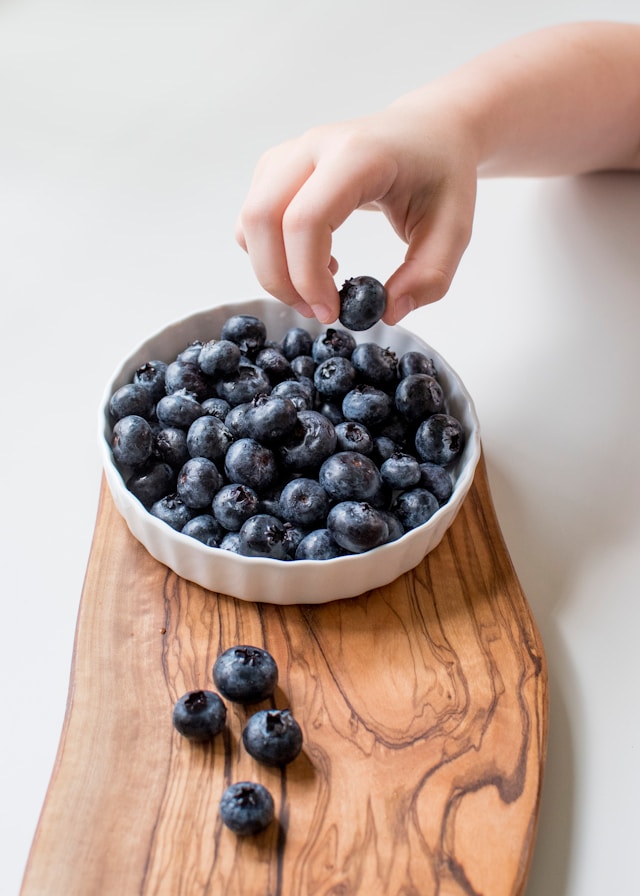
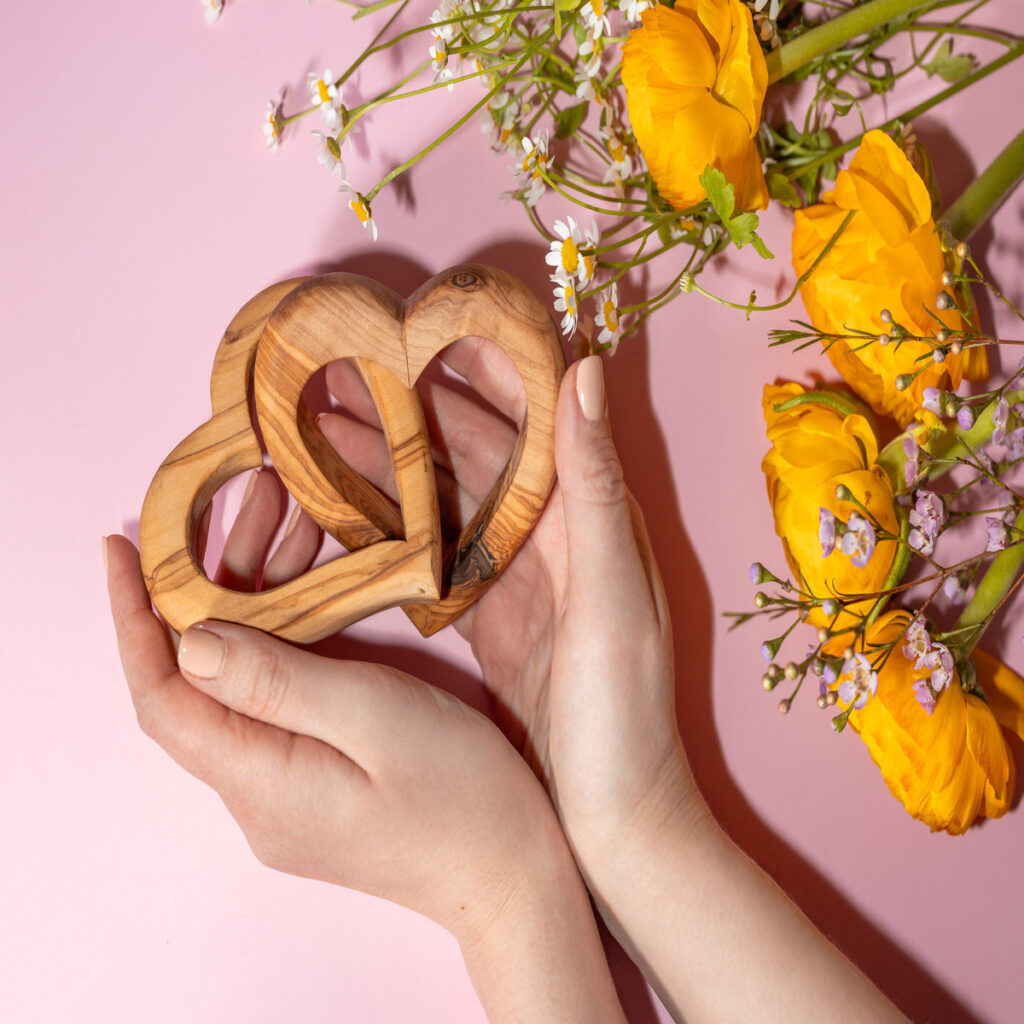
Premium olive wood is renowned for its striking natural grain, which features intricate swirls and contrasting tones ranging from golden brown to deep amber. The unpredictable yet mesmerizing patterns make every piece of olive wood unique, ensuring that no two items are ever identical. This makes it particularly desirable for luxury kitchenware, furniture, and artistic carvings.
One of the defining characteristics of olive wood is its hardness and density. It is significantly harder than many other commonly used woods, making it highly resistant to wear, impact, and scratches. This makes olive wood an ideal choice for chopping boards, kitchen utensils, and high-end furniture that require longevity and robustness.
Olive wood possesses natural oils that not only contribute to its rich luster but also provide antibacterial properties. These oils make it naturally resistant to bacteria and fungi, a feature that is particularly beneficial for kitchenware and food preparation surfaces. Unlike plastic cutting boards, which can harbor bacteria in deep cuts, olive wood remains a hygienic option for culinary use.
Sourced mainly from Mediterranean regions, olive wood is harvested from trees that no longer produce fruit. This practice ensures that no living trees are cut down specifically for wood production, making it a sustainable and eco-friendly choice. In contrast, many other exotic woods contribute to deforestation and habitat destruction.
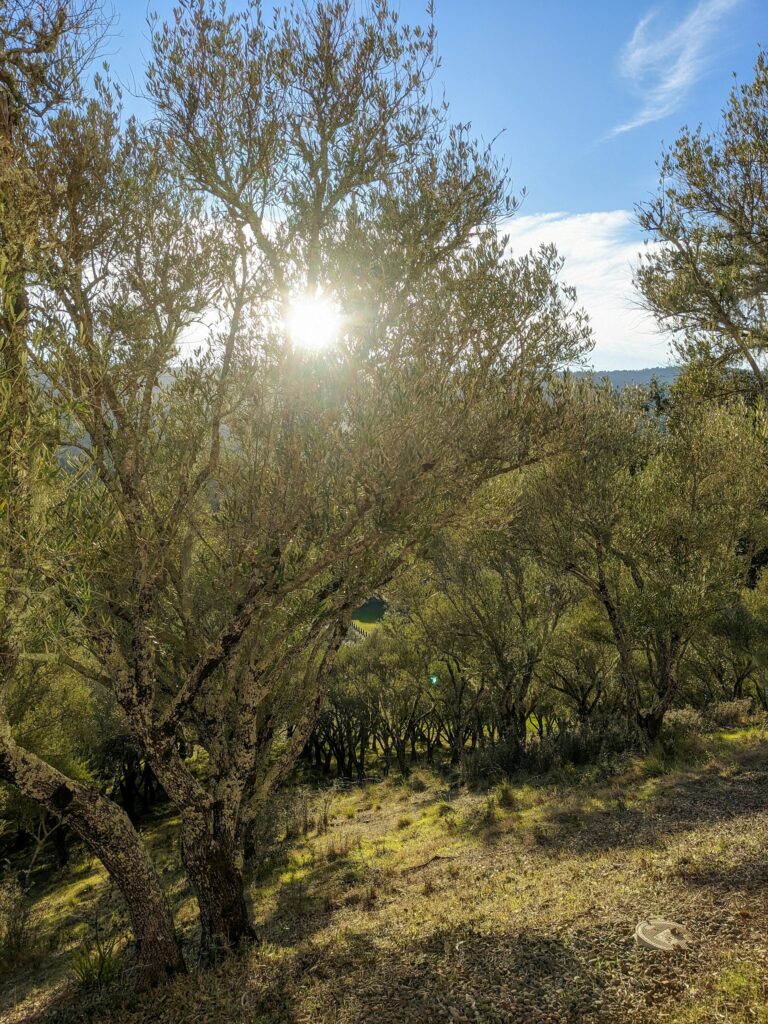
Thanks to its high density and natural oil content, olive wood is highly resistant to moisture absorption. Unlike some softer woods that easily warp or crack when exposed to humidity, olive wood maintains its shape and integrity over time, making it an excellent choice for kitchenware and bathroom accessories.
While premium olive wood has many remarkable features, how does it compare with other commonly used woods? Let’s explore some of the most popular alternatives.
Thanks to its natural antibacterial properties, moisture resistance, and striking appearance, olive wood is the perfect choice for chopping boards, serving trays, spoons, and other kitchen accessories. Unlike plastic or metal alternatives, it does not impart any unwanted flavors to food and remains gentle on knife blades.
Furniture crafted from olive wood is highly sought after due to its durability and timeless beauty. Whether used for dining tables, cabinets, or decorative pieces, olive wood furniture adds a touch of sophistication to any space.
Since olive wood is sourced from retired olive trees, it is a highly sustainable material. By choosing olive wood products, consumers contribute to environmentally friendly practices while enjoying a premium, long-lasting material.
Artisans favor olive wood for creating stunning, handcrafted items such as bowls, vases, and sculptures. Its intricate grain patterns ensure that each piece is one of a kind, making it an excellent choice for collectors and those who appreciate fine craftsmanship.
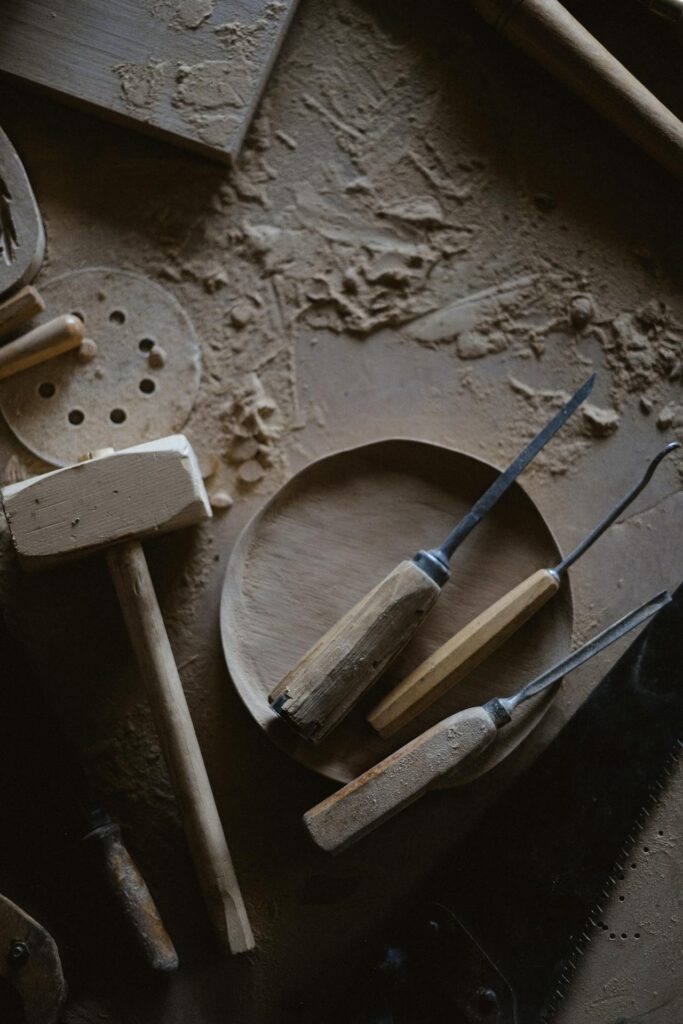
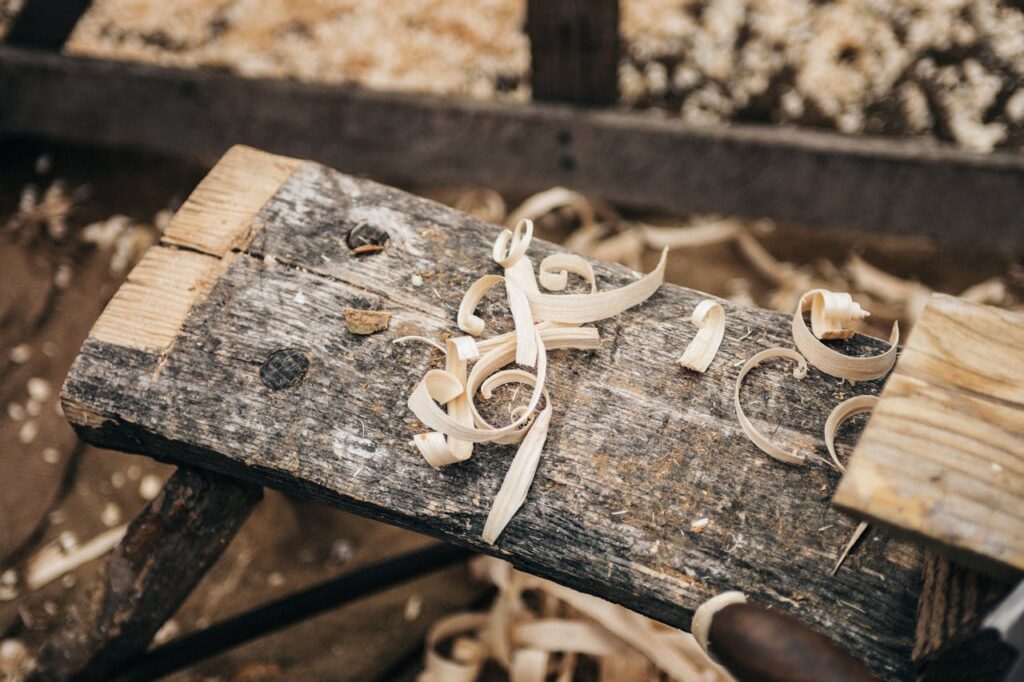
To maintain the beauty and longevity of olive wood products, follow these simple care tips:
Premium olive wood stands out among other woods due to its stunning aesthetics, durability, antibacterial properties, and sustainability. Whether used for kitchenware, furniture, or artistic creations, olive wood remains a superior choice for those who value quality and craftsmanship. Its unique grain patterns ensure that every piece is a work of art, while its hardness and natural oils make it both practical and long-lasting. By investing in olive wood products, you are choosing an eco-friendly, durable, and elegant material that will serve you for years to come.
If you are looking for a wood that combines beauty, functionality, and sustainability, premium olive wood is the ultimate choice. Explore the world of olive wood and experience the difference today!